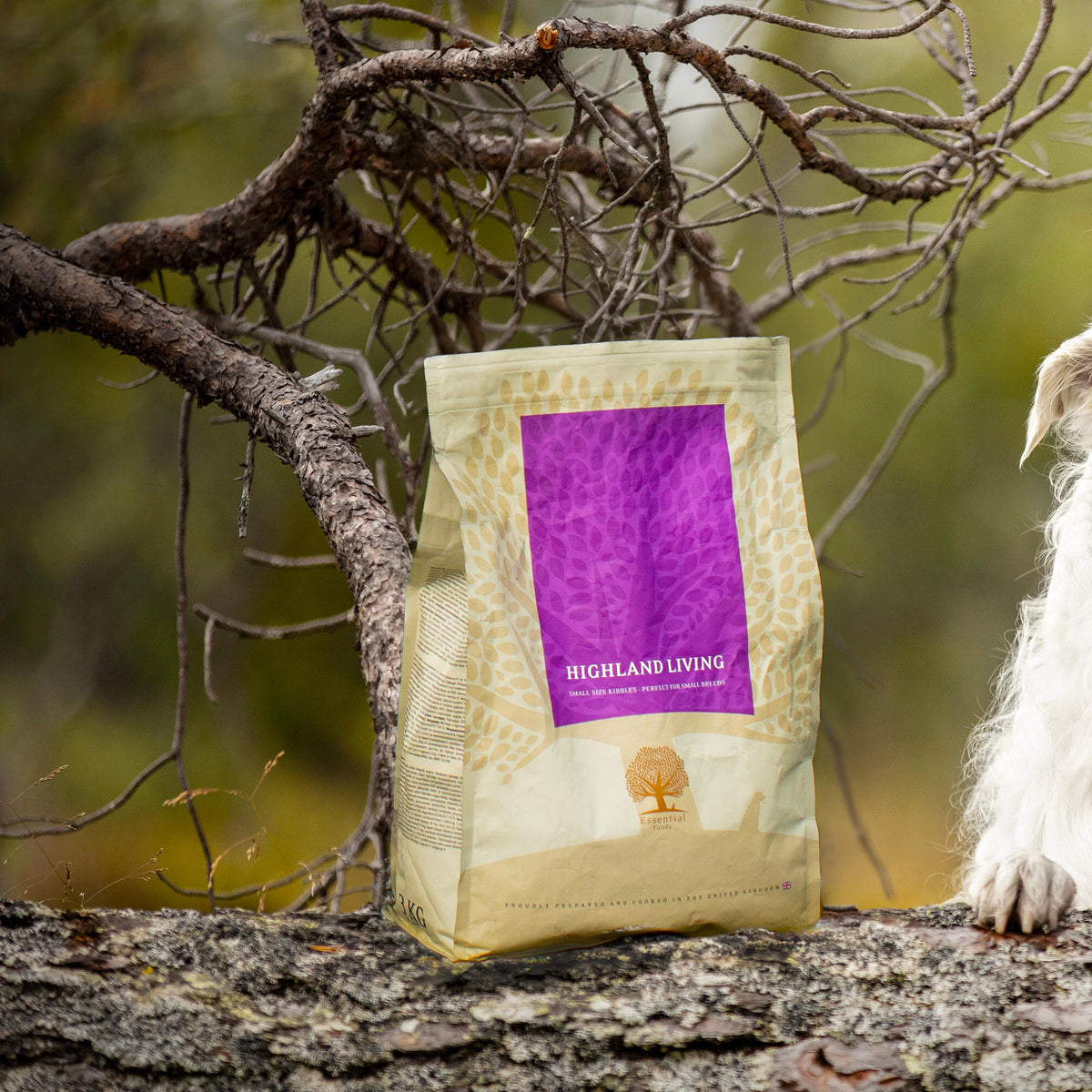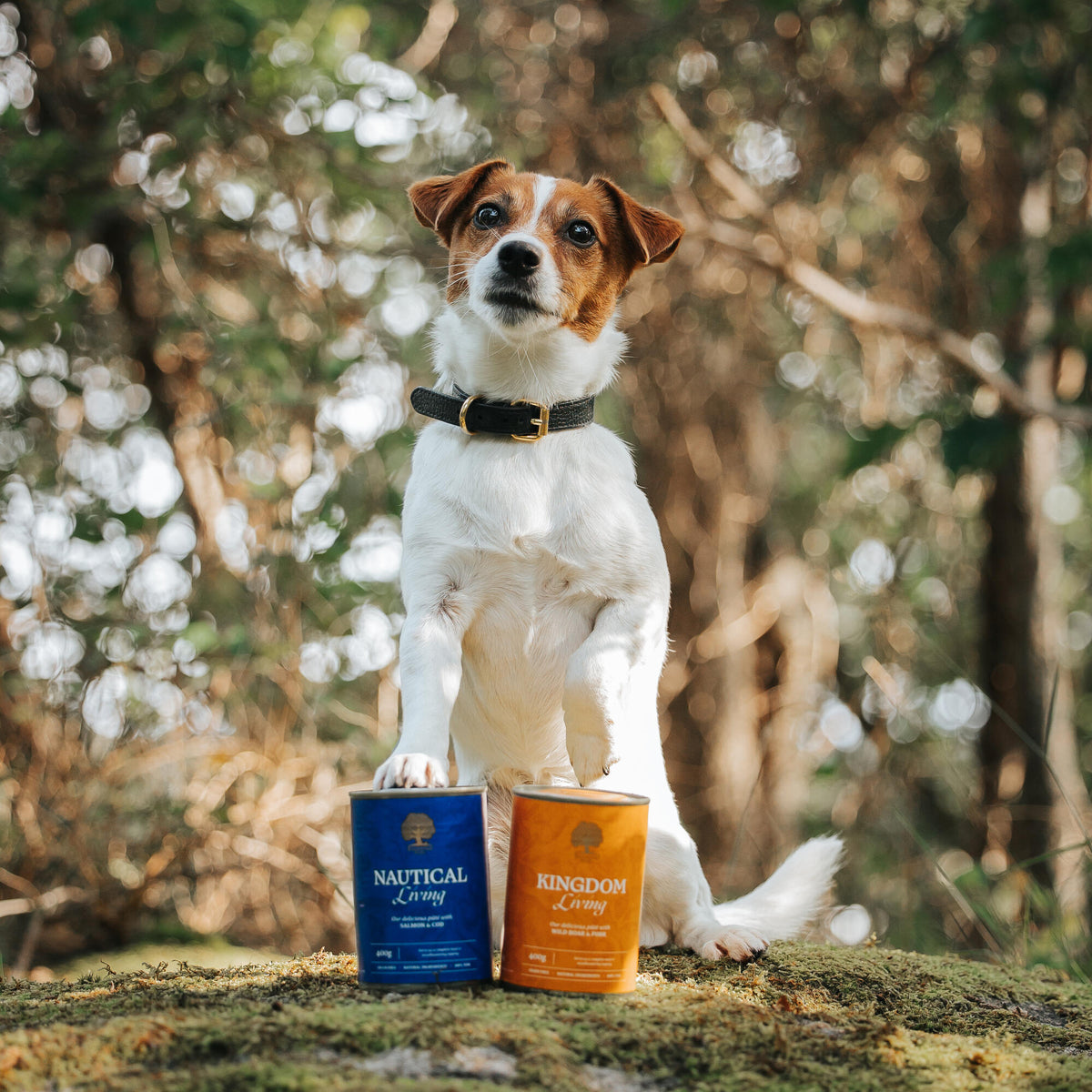Your Cart is Empty

As a new puppy parent, one of the common questions that may arise is whether puppies can eat adult dog food. In this comprehensive guide, we'll delve into the intricacies of puppy nutrition, the importance of feeding puppy-specific food, and the potential risks associated with offering adult dog food to young pups.
Puppies have unique nutritional needs compared to adult dogs. During their growth and development stages, puppies require higher levels of protein, fat, vitamins, and minerals to support healthy bone and muscle growth, cognitive development, and immune function.
Puppy-specific food is formulated to meet the specific nutritional requirements of growing dogs. These formulas contain higher levels of essential nutrients, such as DHA for brain development and calcium for bone growth, to support the rapid growth and development of young puppies.
Feeding adult dog food to puppies can pose several risks. Adult formulas may not provide adequate levels of essential nutrients needed for growth, leading to developmental issues and nutritional deficiencies. Additionally, adult dog food may be too calorie-dense for puppies, potentially resulting in obesity or digestive issues.
When selecting puppy dog food, look for high-quality ingredients such as real meat as the first ingredient, grain-free options, and added vitamins and minerals. Avoid artificial additives, fillers, and by-products, which offer little nutritional value.
Puppies should transition to adult dog food gradually, typically around one year of age for small breeds and 18-24 months for larger breeds. Slowly mix increasing amounts of adult food into the puppy's diet over several days to prevent digestive upset.
When choosing the best dog food for puppies, opt for reputable brands known for their commitment to quality and safety. Look for formulas specifically labeled for puppies, ensuring they meet guidelines for growth and development.
Q: Can puppies eat adult dog food if it's the same brand?A: While it may be the same brand, adult dog food does not contain the necessary nutrients for puppies' growth and development, so it's best to stick to puppy-specific formulas.
Q: What are the potential consequences of feeding adult dog food to puppies?A: Feeding adult dog food to puppies can lead to nutritional deficiencies, developmental issues, and digestive upset due to the lack of essential nutrients and calorie differences.
Q: How do I know when it's time to switch my puppy to adult dog food?A: Consult with your veterinarian for guidance on when to transition your puppy to adult food, as it varies depending on breed size and individual growth rates.
Q: Can I mix adult dog food with puppy food?A: Mixing adult and puppy food is not recommended, as they have different nutritional profiles. Stick to feeding your puppy a complete and balanced puppy-specific diet.
Q: What role does Essentials Dog Food play in providing optimal nutrition for puppies?A: Essentials Dog Food offers specially formulated puppy food that provides essential nutrients for growth and development, ensuring puppies thrive during their formative years.
In conclusion, while it may be tempting to feed puppies adult dog food for convenience, it's essential to prioritize their nutritional needs during the critical growth and development stages. Puppy-specific food offers the ideal balance of nutrients to support healthy growth, ensuring puppies reach their full potential. Opting for high-quality, reputable brands like Essentials Dog Food provides peace of mind, knowing that your puppy is receiving the best possible nutrition for a happy, healthy life.


